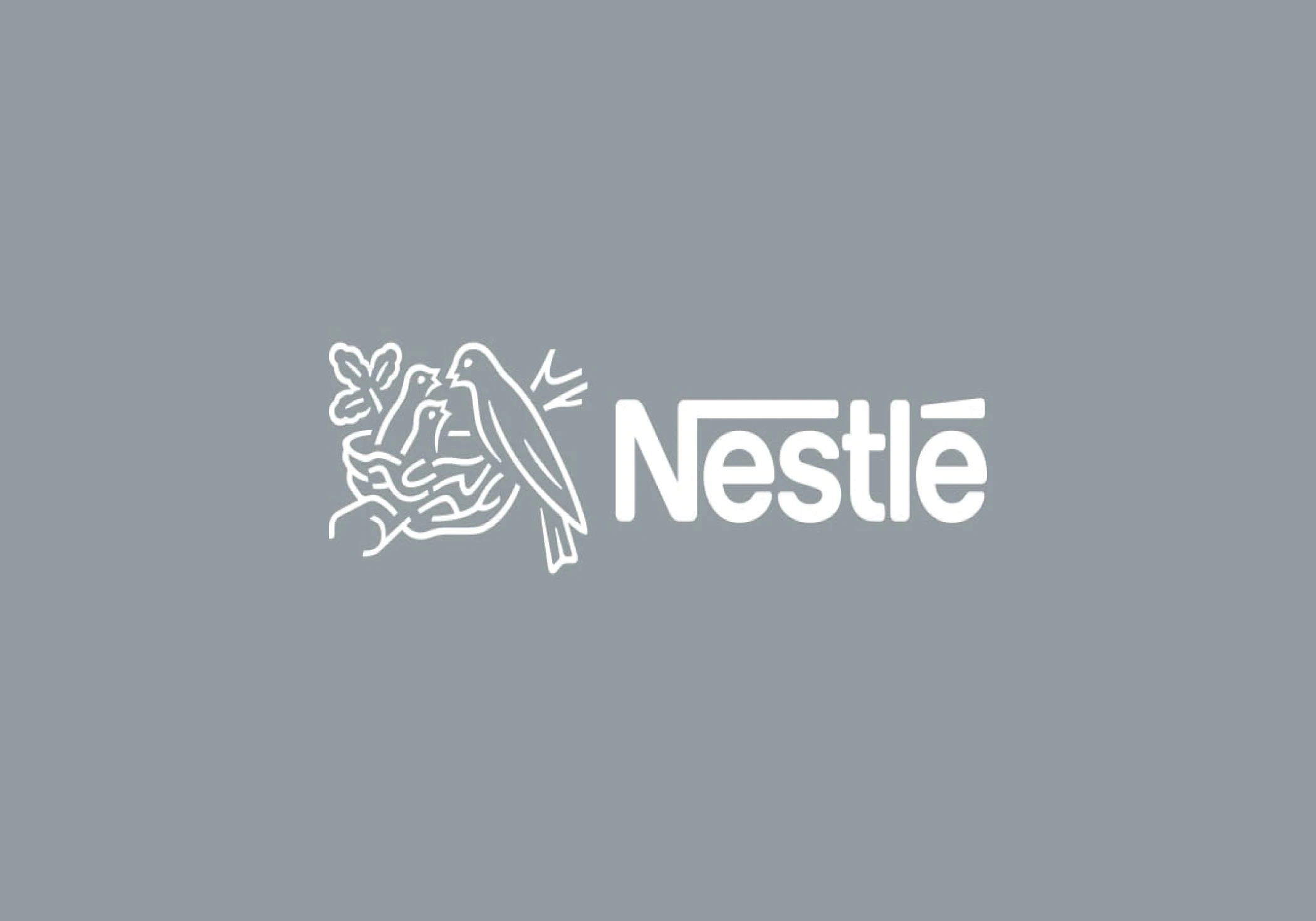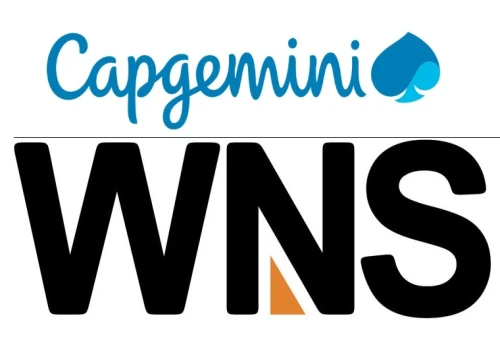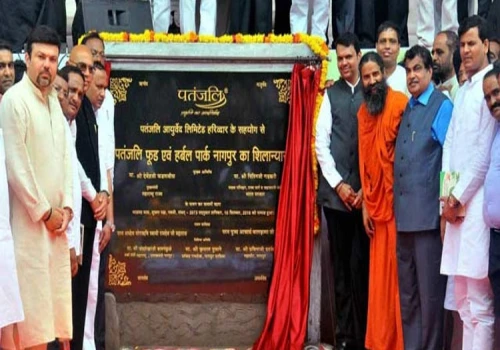
Nestle India, a leading player in the country's Fast Moving Consumer Goods (FMCG) sector, has set tongues wagging with its recent board decision. The company approved a progressive hike in royalty payments to its parent company, Nestle S.A. This move will see Nestle India shelling out up to 5.25% of its net sales as royalty over the next five years.
Currently, Nestle India pays a 4.5% royalty on its net sales to Nestle S.A. The new agreement entails a gradual increase of 0.15% annually, effectively raising the royalty rate to 5.25% by the end of the five-year period. This decision has sparked discussions amongst investors and industry analysts regarding its potential impact.
Transparency and Alignment: Nestle India's Perspective
Nestle India, in a filing to the stock exchanges, highlighted that the royalty hike reflects the company's access to valuable intellectual property (IP) and technical expertise from Nestle S.A. These resources, encompassing brand names, product formulas, and technical know-how, are considered crucial for maintaining Nestle India's product quality and market position.
The company also emphasizes that the revised royalty rate aligns Nestle India more closely with international standards within the Nestle Group. This standardization could streamline operations and potentially simplify internal processes.
Financial Implications and Shareholder Concerns
While Nestle India justifies the move as an investment in its long-term growth, some shareholders have expressed concerns. A higher royalty payout translates to a lower net profit for Nestle India. This could potentially impact dividend payouts to shareholders in the future.
Nestle India, however, assures its investors that the royalty increase has been carefully evaluated, and the company remains confident in its ability to deliver sustainable growth and shareholder value.
Industry Benchmarking and Competitive Landscape
Nestle India's revised royalty rate of 5.25% will be among the highest in the domestic FMCG industry. It's important to note that royalty payments to parent companies are a common practice, and other FMCG players in India also have such agreements in place. However, the royalty rates typically vary.
Analysts point out that Nestle India's existing royalty rate of 4.5% was already on the higher end compared to its peers. Companies like Hindustan Unilever (HUL) and Colgate-Palmolive India pay royalties in the range of 3.45% to 5% of their turnover. This hike further widens the gap between Nestle India and its competitors in terms of royalty payouts.
Looking Ahead: Balancing Growth and Shareholder Value
The Nestle India board's decision to raise royalty payments to Nestle S.A. signifies a strategic shift. The company clearly values the benefits of leveraging its parent company's expertise and resources. However, it's crucial to strike a balance between these considerations and maximizing returns for its shareholders.
The coming years will be telling. Investors will closely monitor Nestle India's performance to assess whether the increased royalty expenditure translates into tangible benefits for the company's long-term growth and profitability. Nestle India, on the other hand, will need to demonstrate that this strategic move strengthens its market position and justifies the higher royalty payments.












